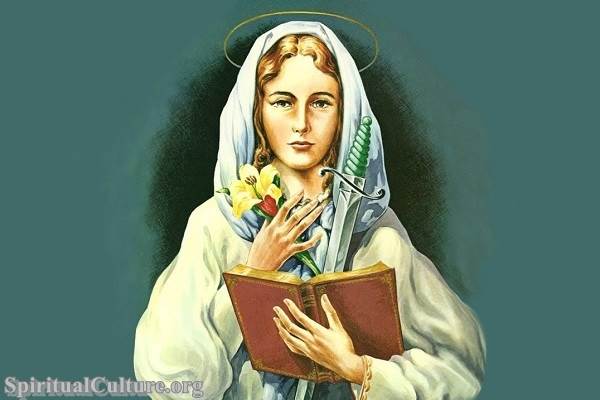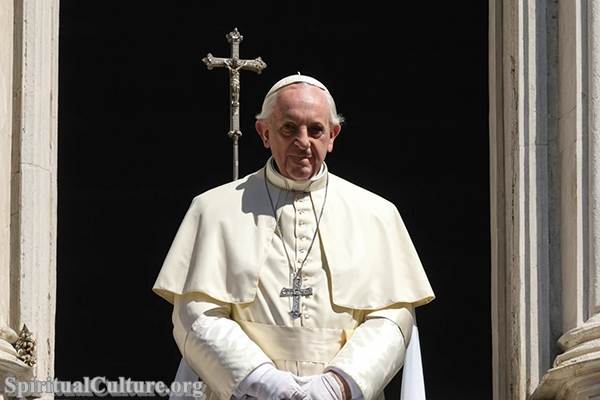In the rich tapestry of Catholicism, the lives of the saints serve as a source of inspiration and guidance for the faithful. Saint Dymphna holds a unique place among these revered figures, embodying compassion, healing, and resilience. Known as the patroness of those suffering from mental and neurological disorders, St. Dymphna’s story is a testament to the faith’s deep commitment to the well-being of all, particularly the most vulnerable.
Saint Dymphna, a Beacon of Hope
Born in Ireland during the 7th century, Saint Dymphna was the daughter of a pagan king and a devout Christian mother. Her life took a tragic turn when her mother died, plunging her father into deep despair. Consumed by grief, he made a shocking proposition—to marry Dymphna, who bore a striking resemblance to her deceased mother. Guided by her Christian faith and commitment to chastity, Dymphna fled to Geel, Belgium, to escape her father’s ungodly intentions.

St. Dymphna
In Geel, Dymphna’s compassion and care for the poor and sick began to shine. She used her wealth to build a hospital and dedicated her life to serving those afflicted with mental illnesses. Her acts of charity and kindness did not go unnoticed, and she soon attracted her father’s attention, who pursued her to Belgium. Upon finding her, he beheaded Dymphna when she refused his marriage proposal, thus marking her as a martyr in the Catholic tradition.
Saint Dymphna in Catholicism
The memory of Saint Dymphna has been preserved and venerated in Catholicism for her courage, kindness, and unwavering faith. She is often depicted with a sword, symbolizing her martyrdom, and a lamp, representing her role as a beacon of hope for those in darkness.
St. Dymphna’s legacy lives on in the Catholic Church’s ongoing commitment to mental health. She is the patron saint of those suffering from anxiety, depression, epilepsy, and other neurological conditions. Her feast day, May 15, is an opportunity for the Catholic community to raise awareness about mental health issues, to pray for those affected, and to reaffirm the Church’s commitment to their care and support.
In Geel, Dymphna’s legacy has left a lasting impact. The town is known for its progressive approach to mental health care, reflecting Dymphna’s own compassionate care for the mentally ill. For centuries, the town’s inhabitants have welcomed mentally ill individuals into their homes as boarders—a practice believed to have its roots in Dymphna’s time.
St. Dymphna’s impact extends beyond the confines of the Catholic faith. Her story resonates with many who struggle with mental health issues, regardless of their religious beliefs. Many find solace in her tale of resilience, her compassionate care for the sick and vulnerable, and her ultimate sacrifice for her principles.
Saint Dymphna: A Symbol of Hope and Healing
The story of St. Dymphna reminds us of the Catholic Church’s commitment to the well-being of all its members, particularly those who struggle with mental health issues. Her legacy is a testament to the power of faith, compassion, and resilience in the face of adversity.
In the end, the story of Saint Dymphna is not just about tragedy but also about hope and healing. It reminds us of the power of kindness and compassion and the profound impact they can have on those who are suffering. In the Catholic tradition, she serves as a beacon of light for those navigating the darkness of mental illness, offering a message of hope that recovery is possible and that no one is alone in their struggle.
In an age where mental health issues are becoming increasingly prevalent, the story of Saint Dymphna serves as a powerful reminder of the importance of compassion, understanding, and support. Whether you are a practicing Catholic or not, we can all learn from the example set by this remarkable saint.



